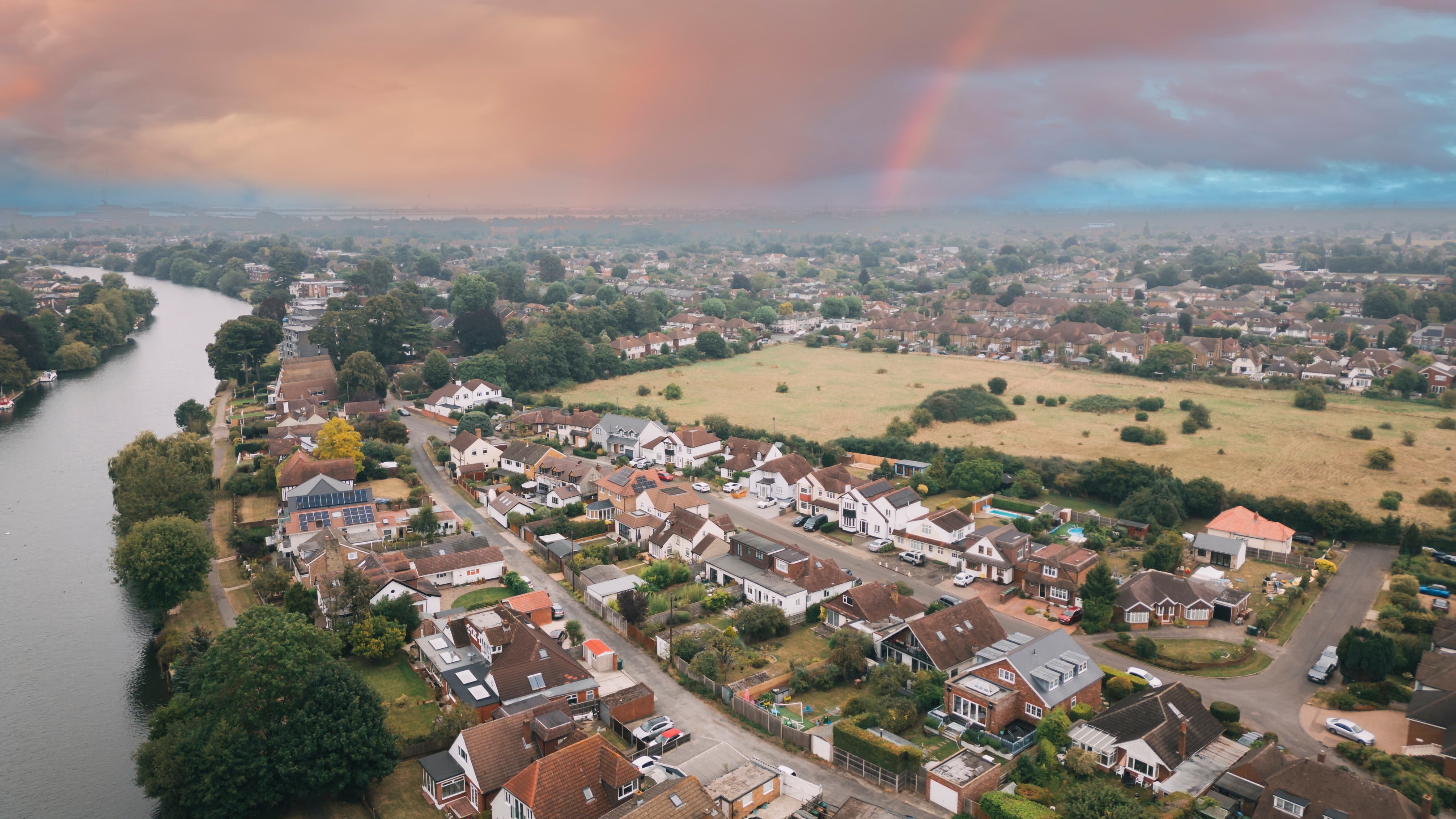The second month of the main summer season is now over and the weather map for July had a low pressure anomaly across Scandinavia, keeping northern Europe quite cool for the time of year.
Looking at the above chart from the Met Office,we can see July is the only month of the year so far for the UK to be impacted by below average temperatures; March was very close to average, whereas the other months were warmer than the 30 year baseline. Despite this, the highest temperature reached so far this year was recorded at London Heathrow on Friday 31 July with 37.8 Celsius, when much of England experienced an extremely hot day.
The start of August will be relatively cool, both by day and night, and outbreaks of rain will affect parts of Northern Ireland and Scotland on 4 - 5 August, then it's all change again as we approach the end of the first week of the month.
Average or above average temperatures will then be the order of the remainder of the month, but over parts of England a heatwave is likely. We expect well above average temperatures for the period 5 - 13 August and the hottest and sunniest period is likely to be 7 - 8 August as temperatures locally reach the mid 30s Celsius. After that, some heavy showers and thunderstorms are possible, and these will mainly be across parts of Wales and England.
The hot weather will be more extreme and longer lasting over parts of Europe, notably for France and Germany. The MetDesk map in our summary image shows the temperature departure from average for the period 7 - 13 August for Europe. The dark red colours indicate values five to ten degrees above average during this time, which roughly coincides with hottest part of a typical year.
The second part of August still looks to be warm or very warm over the mainland, which means it's likely to be the hottest August since 2003.
For Ireland and the UK we're expecting some fine summer weather to continue for much of the time and fortunately the temperatures won't be as extreme as those expected over France.
We'll be back in a few weeks to check the weather prospects for September.
For more weather information you can follow our meteorologist, Simon Cardy on Twitter weather_king.
